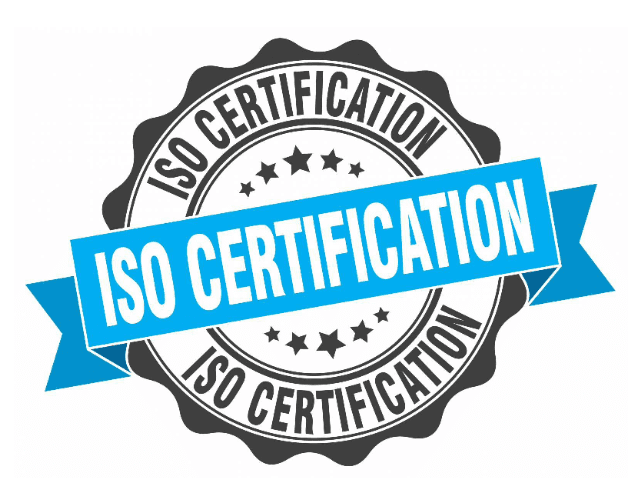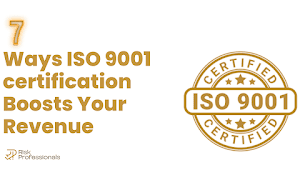ISO certification is a labour-intensive, time-consuming and resource-heavy process. It is very obvious to question if the benefits are worth the effort. Unfortunately, this is a question that cannot be answered in a straightforward way. Obtaining ISO certification and reaping its benefits is a bi-directional relationship where the organisation has to put in a lot of effort to acquire these benefits. This article will take a deep dive and highlight the truth about ISO certification and its benefits.
What is ISO certification?
Essentially, ISO creates a group of guidelines known as ISO standards. Organisations are recommended to use these standards as a template to build their management system. The different managerial domains on which the standards focus can range from technical specifications to healthcare. Some of the most popular standards include ISO 9001, which enhances quality management; ISO 14001, which amplifies an organisation’s environmental position; and ISO 45001, which improves workplace well-being. When any organisation adheres to these guidelines, it is said that they have achieved self-declared compliance. They obtain an ISO certification when a third party conducts an unbiased external audit of the management system to determine their compliance with the recommendations.
Benefits of ISO certification
As we have mentioned above, ISO publishes guidelines in different managerial sectors such as quality management, environmental performance management or occupational health and safety. As you can imagine, the benefits of every ISO certification focus on these managerial areas. However, such benefits can be considered a cherry on the cake as these are supplemental to some basic benefits of the ISO certification. Different ISO standards, irrespective of their managerial focus, share these basic benefits because they have a common structure where the Plan-Do-Check-Act (PDCA) cycle is incorporated into the operations. Due to this periodic and cyclic evaluation, the organisation enjoys basic benefits such as:
- Better managerial insight
- Better employee engagement and productivity
- Better operational efficiency
- Smoother workflows
- Easier identification of business opportunities, areas of redundancies and areas of continual growth
- Stronger brand credibility
- Better relationship management with suppliers and vendors
- Stronger compliance
- Easier entry into international markets
Is ISO certification worth it?
As mentioned above, organisations can enjoy the common basic benefits of every ISO standard due to the periodic and cyclic evaluation. If the managers choose to ignore the recommendations of the ISO standards and only use the certification as a piece of paper, its potential would be underutilised. However, if the management puts in the effort and conducts regular internal audits, engages with the employees and discusses the results in management reviews, going on to implement interventions as needed, they will set the organisation up for success.
Think about it. A coach can give you the best exercise advice, but you, after all, have to step on the treadmill. It all boils down to effort. Let us explain this with the help of an example. Imagine that you want to improve productivity. If you want better employee productivity but refuse to talk with the employees, how will the employees feel like valuable assets to the organisation? The sense of isolation will make them detest the workplace and will be reflected in their work ethics and productivity.
On the other hand, imagine that you engage with the employees every month and follow an open-door policy. Employees would be less hesitant to share their opinions, making them more confident and loyal towards the organisation. As employees are on the front line of your work processes, they will be the first to notice any discrepancies or errors and will be the first to suggest innovative yet feasible solutions. Hence, your effort of regularly engaging with the employees would have a trickling effect, creating other benefits such as improved workflows and easy identification of business opportunities or areas of redundancies. After all, all processes in your organisation are interconnected. If you put in the effort and utilise the recommendations of ISO standards, you begin to improve your organisation, one process at a time.
Lesser-known benefits of ISO certification
During the pandemic, many organisations implementing ISO 9001 suffered less than their competitors. The reason is simple. ISO 9001 helped them customise the Quality Management System (QMS), which allowed them to be better prepared for emergencies, accommodate the fluctuating market trends and adjust as per the new needs of the customers. In simpler words, companies that had ISO 9001 were able to quickly adapt to the pandemic while still adhering to customer requirements.
Conclusion
Reaping the benefits of ISO 9001 accreditation Australia requires some amount of effort. It is not excessive, but the manager simply has to adhere to the recommendations listed in the standard, conducting regular evaluations and collecting input through periodic employee engagement. Read more





































